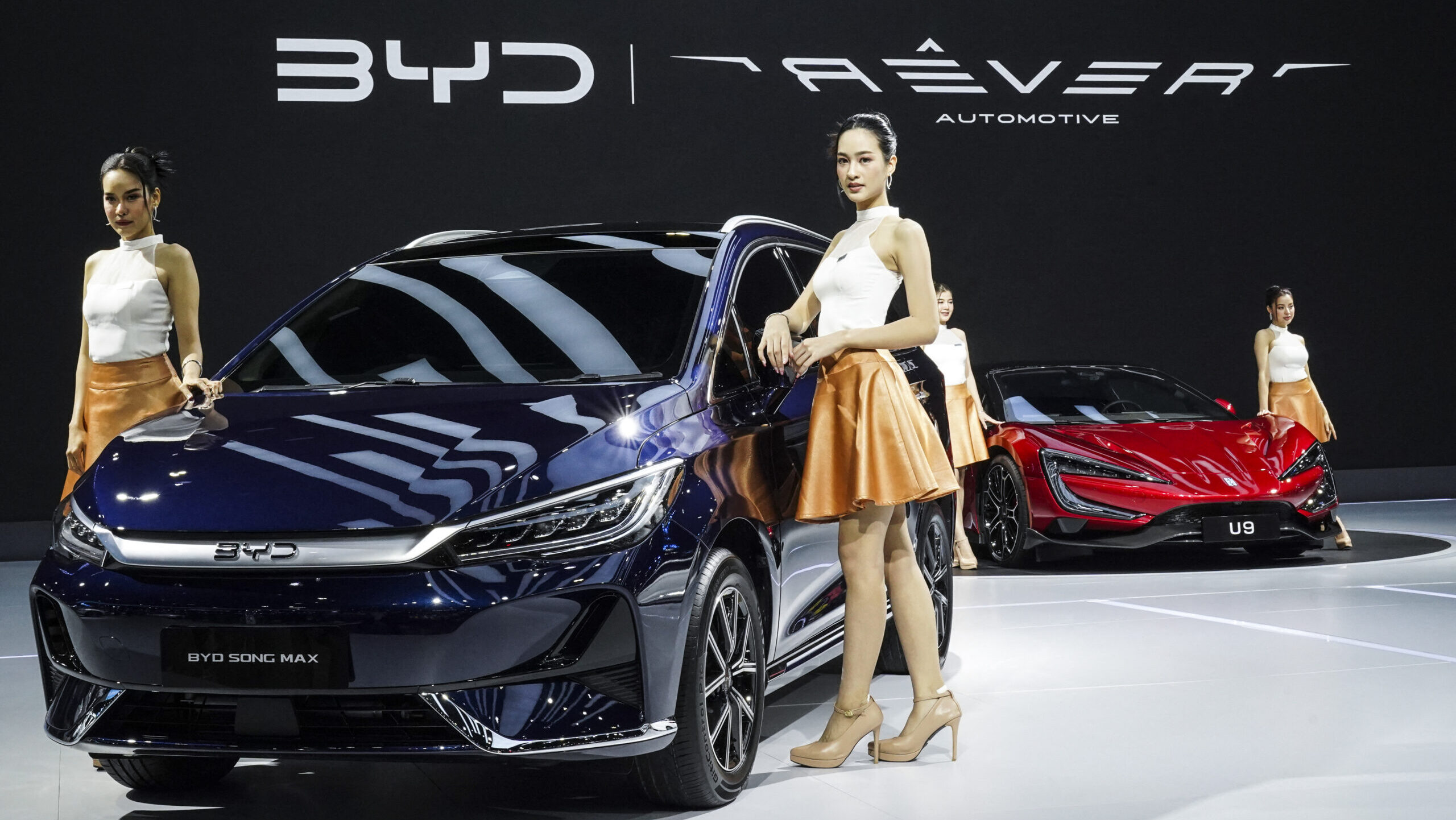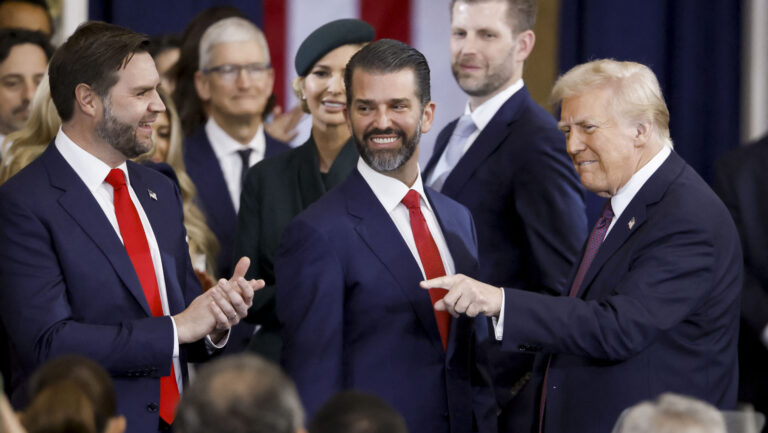The attitude towards China’s economic rise is another issue that divides the EU Member States. Some countries advocate for strong, and at times excessive, protectionist measures, while others—most notably Hungary—favour fostering connectivity and pursuing economic and trade cooperation based on mutual benefits. This division became more pronounced when the European Commission, under the leadership of Ursula von der Leyen, decided in June to impose punitive tariffs on electric vehicles imported from China into the EU.
As reported by Hungarian Conservative, the decision has sparked protests from several EU member states, including Germany, the bloc’s largest economy, which has been highly critical of the move. This reaction is unsurprising, as official statistics show that in 2023, Germany imported a total of 129,800 fully electric passenger cars from China, valued at €3.4 billion. This represents a threefold increase from the previous year and a tenfold increase compared to 2020. The measures imposed by the European Commission introduce an additional penalty on imported EVs, ranging from 17.4 to 38.1 per cent, on top of the existing 10 per cent tariffs.
The German car industry association VDA, representing carmakers such as Volkswagen, BMW, and Daimler, strongly criticized the decision back in June, with its president Hildegard Müller stating that it was a further step away from global cooperation. German Transport Minister Volker Wissing (FDP/Renew) posted on X that ‘the EU Commission’s punitive tariffs affect German companies and their top products.’ ‘Vehicles must become cheaper through more competition, open markets, and significantly better business conditions in the EU, not through trade wars and market compartmentalisation,’ he wrote. Similar statements were made by Economy Minister Robert Habeck (Greens), who told German media that ‘tariffs are always only the last resort as a political measure and are often the worst option.’ ‘It is crucial that there are talks now,’ he said, calling for EU–China negotiations.
‘Tariffs are always only the last resort as a political measure and are often the worst option’
However, in an informal vote on the punitive tariffs held on 15 July, only four Member States—Hungary, Slovakia, Cyprus, and Malta—voted against the measure, while 11 abstained, including Germany, Austria, and Sweden. France, Italy, and Spain, among others, voted in favour of the punitive tariffs.
Two Key Players: Germany and Hungary
With the official voting day approaching, there is little time left for Member States opposed to the tariffs to persuade others to reconsider their stance. In addition to Germany, whose influence carries significant weight in the negotiation process, Hungary, as the holder of the EU presidency, could play a key role. Hungary’s presidency programme emphasizes promoting competitiveness, and punitive tariffs could undermine this goal, potentially sparking a more serious trade war between the EU and China.
Hungarian Minister of Foreign Affairs and Trade Péter Szijjártó, held talks with Chinese Foreign Minister Wang Yi in New York on Tuesday, during which he also addressed the issue of punitive tariffs. Szijjártó underlined that the decision was unjustified, noting that while European interests are cited in Brussels to justify the tariffs, European car manufacturers themselves are protesting against it, arguing that it would harm them as well, especially those with production capacities in East Asia. ‘In Hungary, we can clearly see how closely Western European and Chinese automotive companies are cooperating in advancing their electromobility strategies,’ Szijjártó said. He reaffirmed Hungary’s opposition to the tariffs, stating: ‘We will vote against their introduction, and we hope that in the coming years we can achieve civilized, calm, and mutually respectful economic cooperation with China.’
The duties are decided by a qualified majority, meaning at least 15 countries must vote in favour, and these countries must represent at least 65 per cent of the EU’s population—and the same goes for voting against it. In the informal vote held in July, the countries that voted in favour represented 62.5 per cent of the EU’s population and 12 of its member states. The Czech Republic and Greece were absent from the vote but were automatically counted in the ‘yes’ camp.
Turning the Votes — Mission Impossible?
The situation is further complicated by the fact that even if all abstentions were reversed, a blocking majority would still not be achieved—aside from Germany, the abstaining countries in July represent only 15 per cent of the EU population. This means that Berlin will need to persuade other ‘heavyweight’ member states to change their stance. However, it is not without a chance of success.
Spain, for instance, is a state that remains undecided on the issue, despite having voted in favour of the tariffs in July. Prime Minister Pedro Sánchez recently visited China, where he expressed that the EU should reconsider the introduction of punitive tariffs. ‘We don’t need another war, in this case, a trade war. We need to build bridges between the EU and China,’ Sánchez pointed out.
Italy, on the other hand, is almost certainly firm in its support of punitive tariffs. Foreign Minister Antonio Tajani recently reaffirmed this stance, stating that the government ‘supports the EU’s position’ on the duties. France is even more supportive of the Commission’s proposal than Italy, which is unsurprising, as it is largely due to the success of the French lobby that the proposal has reached the table in the first place.
‘We don’t need another war, in this case, a trade war. We need to build bridges between the EU and China’
However, the situation with Poland is particularly intriguing. Although the largest Eastern European member state voted in favour of the tariffs in July, the growing Sino–Polish cooperation on electric vehicles seems at odds with Warsaw’s support for punitive tariffs. A joint action plan (2024-27) on strengthening the China–Poland comprehensive strategic partnership stated that ‘both sides will support the growth of two-way investments in EVs, green development, logistics, and other sectors,’ as reported by Global Times. This development followed news that Chinese automaker Geely is collaborating with the state-backed Polish firm ElectroMobility Poland to develop an electric car expected to enter mass production in two years. Polish President Andrzej Duda visited China earlier this summer, where the issue of punitive tariffs was raised among other topics of discussion.
All in all, even in the most optimistic scenario, it would be very difficult for the coalition opposing the punitive tariffs to secure a blocking majority. However, it is crucial to recognize that such a decision by the Commission would further undermine Europe’s already declining competitiveness, particularly impacting the German automotive industry—on which Hungary’s economic performance heavily depends. The German economy and the EU have already suffered significant setbacks compared to the US and China due to ineffective sanctions against Russia, and now Europe faces the prospect of an entirely unnecessary and avoidable trade war with China. It is not hard to predict who would emerge victorious from such a confrontation and which side’s influence and competitiveness would be further weakened. Moreover, the United States, as the proverbial ‘laughing third party,’ could once again strengthen its economic position at Europe’s expense.
Related articles:







